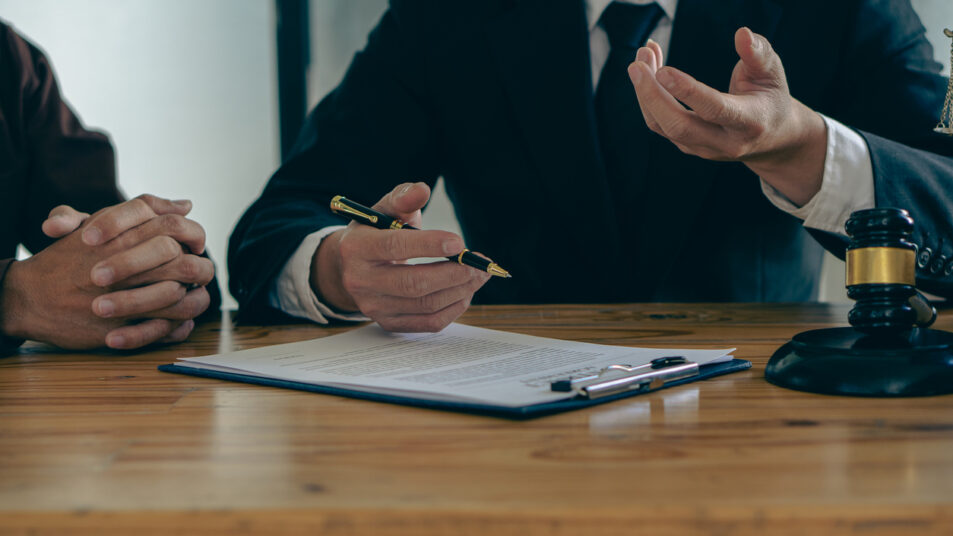What Makes a Good Personal Injury Lawyer?
Getting hurt in an accident can turn your life upside down. Between medical bills, time off work, and emotional stress, the last thing you need is to feel alone in the process. That’s why choosing the right personal injury lawyer is one of the most important decisions you can make.
But how do you know if a lawyer is the right fit? Not every attorney is the same, and having the right one can make a big difference in your outcome.
Local Experience Matters
Personal injury law can be complex, and every city has its own unique legal environment. That’s why it helps to hire a lawyer who has experience handling cases in your local courts.
A personal injury lawyer who knows the judges, opposing counsel, and court procedures will often have an edge. They’ll also understand the local insurance companies and how they typically handle claims.
When searching for representation, make sure to ask:
- How long have you been practicing in the state?
- Have you handled injury cases?
- Are you familiar with the local court rules and processes?
The more local experience an attorney has, the better prepared they’ll be to handle your case effectively.
A Strong Track Record of Personal Injury Results
When your financial future is on the line, you want a lawyer who has a proven ability to get results. While no lawyer can guarantee an outcome, past success is often a good indicator of their skill.
You can look for:
- Settlements or verdicts in similar types of cases
- Testimonials from past clients
- Industry recognition or awards
- Willingness to take cases to trial when necessary
A strong record shows that the lawyer knows how to negotiate and is prepared to go to court if needed. This also makes insurance companies more likely to take your claim seriously.
Communication and Personal Attention
One of the biggest complaints people have about lawyers is poor communication. When you’re dealing with an injury claim, you deserve to know what’s going on with your case.
Good lawyers take the time to:
- Return calls and emails promptly
- Explain your legal options clearly
- Keep you updated on case progress
- Answer your questions in plain language
Your attorney should also make you feel like a priority, not just another case number. Choose someone who shows compassion and makes you feel heard.
Legal Knowledge and Problem-Solving
A great personal injury lawyer is not just a good negotiator; they also know how to dig into the details of your case, find key evidence, and use the law to your advantage.
They should understand:
- State negligence laws
- How to calculate damages
- The role of insurance companies
- Court deadlines and filing requirements
- How to deal with comparative fault issues
If your case gets complicated, you want someone who knows how to solve problems and push back against delay tactics or lowball settlement offers.
A No-Win, No-Fee Policy
Most personal injury lawyers work on a contingency fee basis. That means you don’t pay any fees upfront to hire your attorney, and your lawyer only gets paid if you win compensation. The fee they receive will be a percentage of the settlement or verdict they secure for you.
This allows you to get quality legal help without having to worry about hourly rates or legal bills while you’re still recovering. Before hiring a lawyer, ask them to explain the fee agreement. They should be transparent and willing to answer all of your questions about costs.
Contact a Personal Injury Lawyer for a Free Consultation
The right lawyer can give you confidence, peace of mind, and a better chance at fair compensation. If you’ve been injured due to someone else’s negligence, don’t wait to get the legal help you need.
Reach out for a free consultation with a local personal injury attorney. There’s no obligation to hire them afterward, and you won’t pay anything unless you recover compensation.


